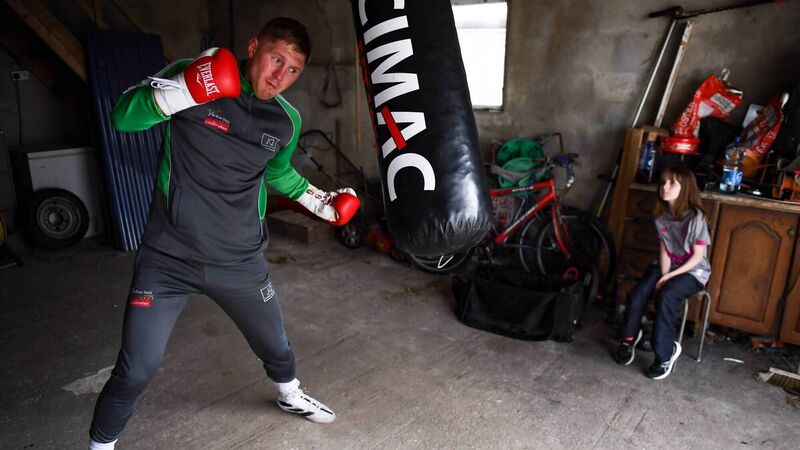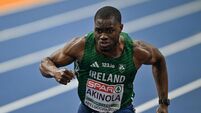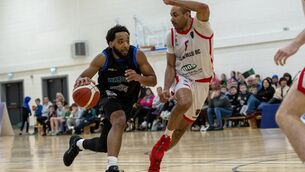'The most brutal of all': What’s the hardest thing in Irish sport?

Boxer Jason Quigley and his partner's daughter Sierra, age 9, during a training session in Ballybofey, Donegal, in May 2020. Picture: Stephen McCarthy/Sportsfile
The question is a simple one, but the answers were varied, to say the least.
What’s the hardest thing in Irish sport?











